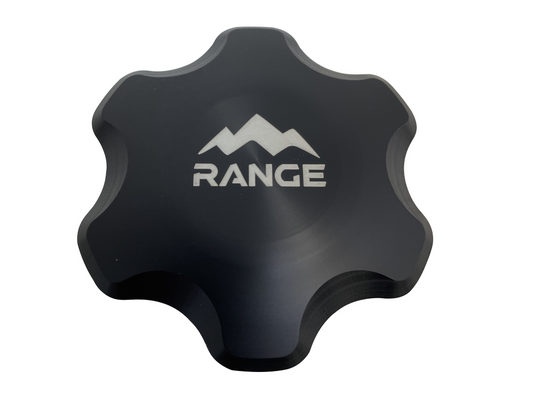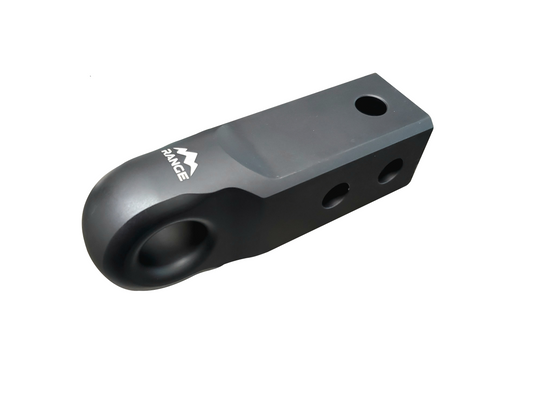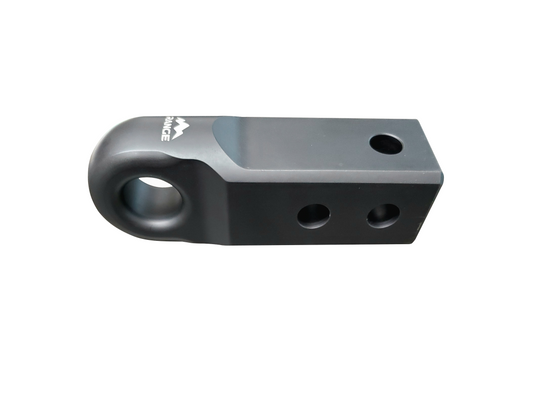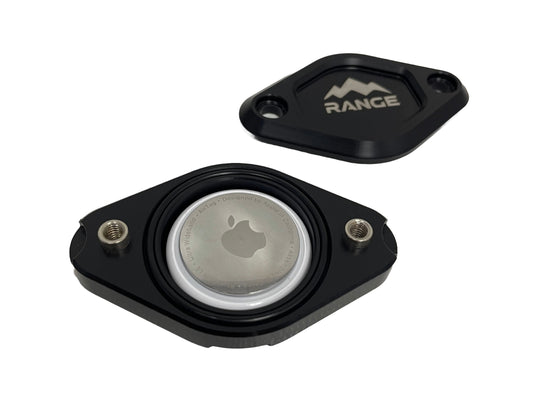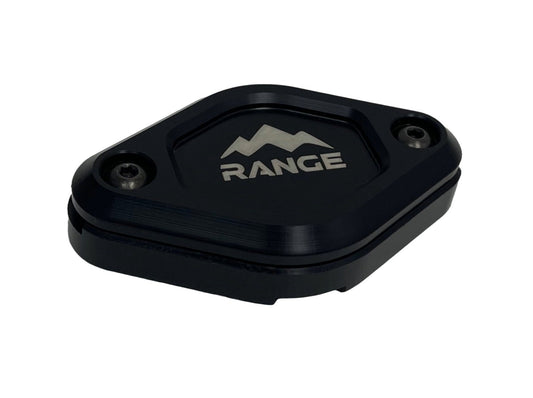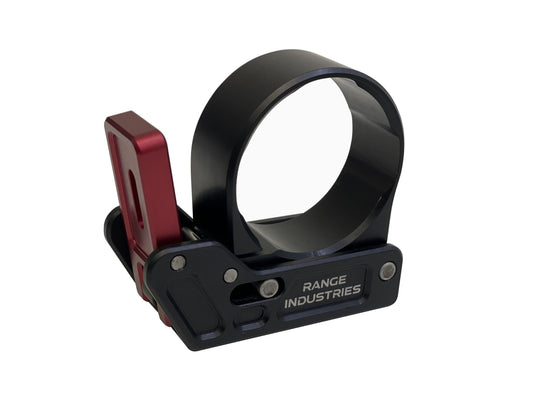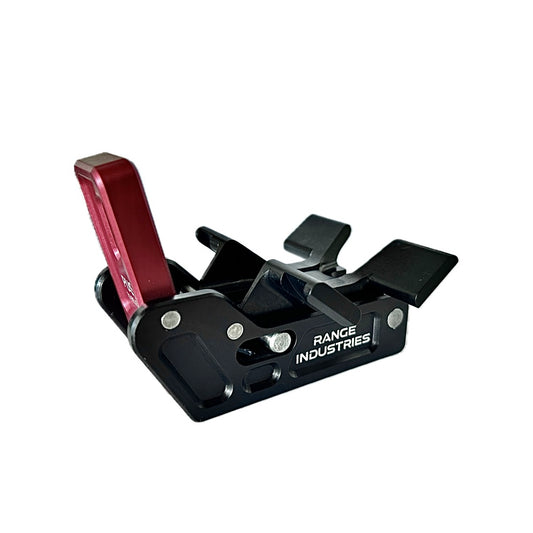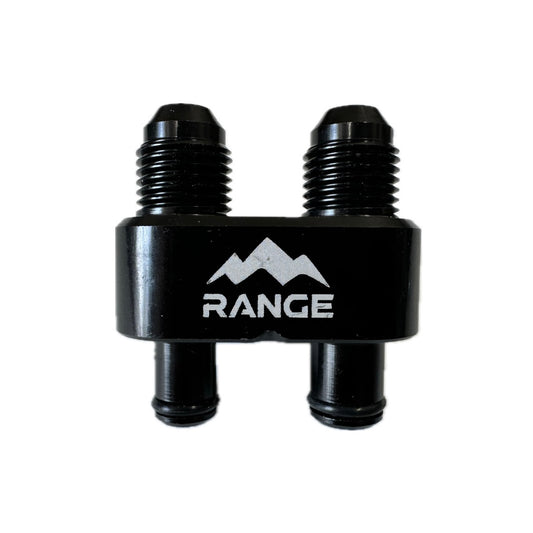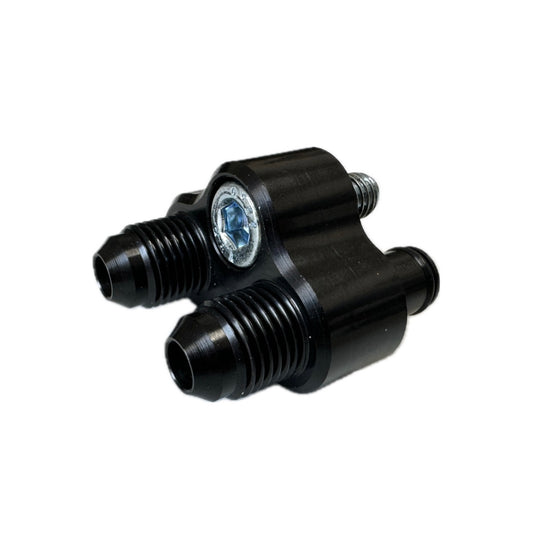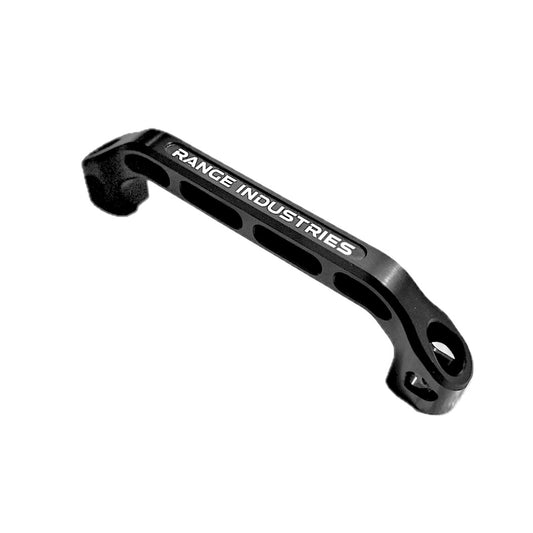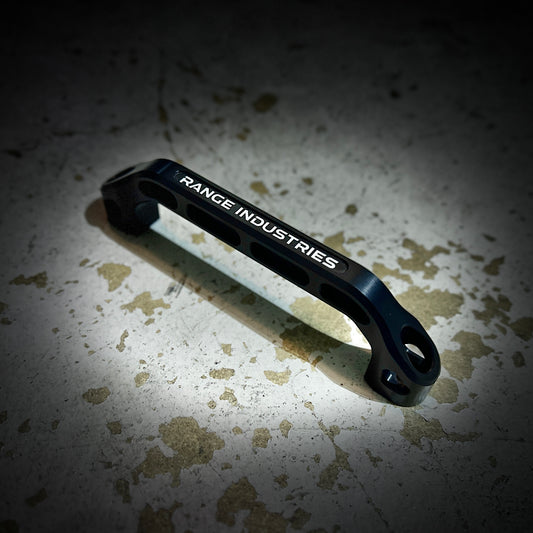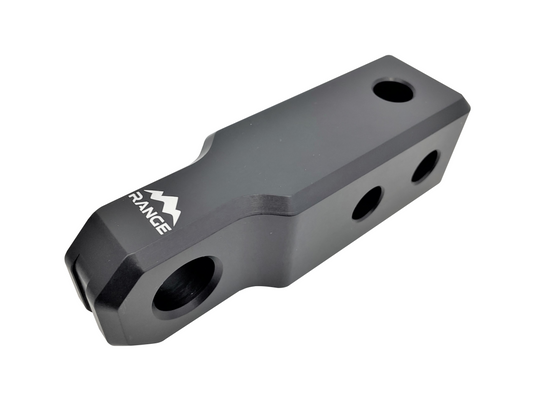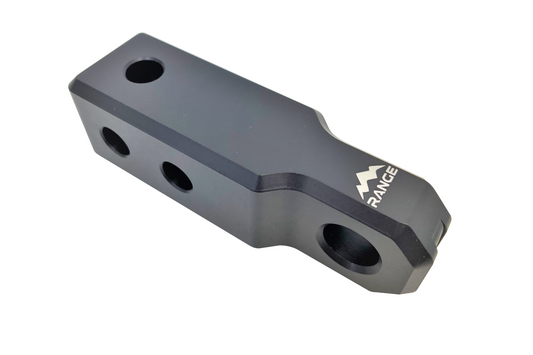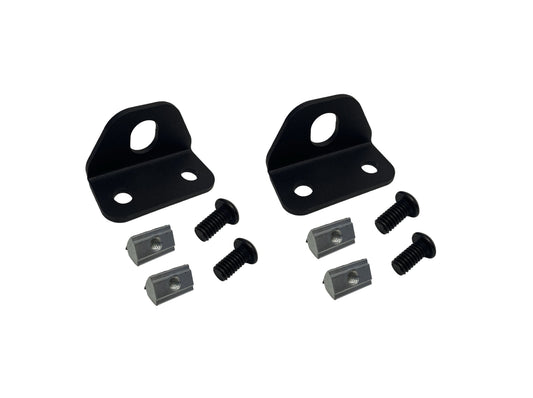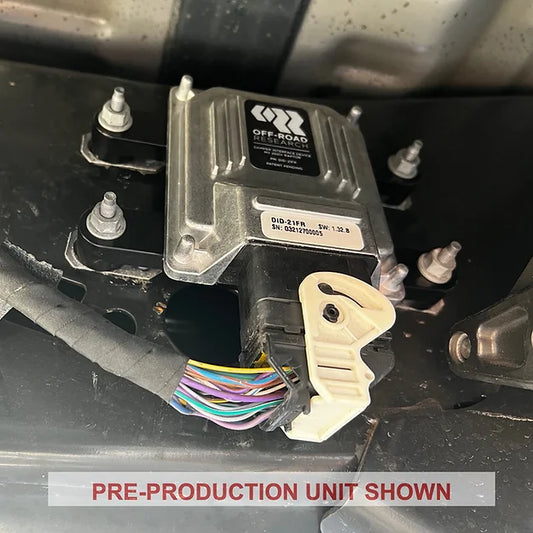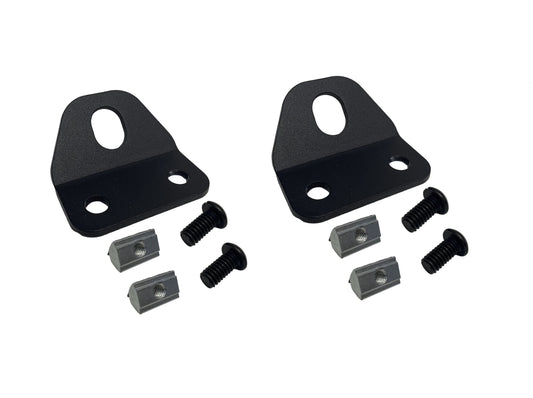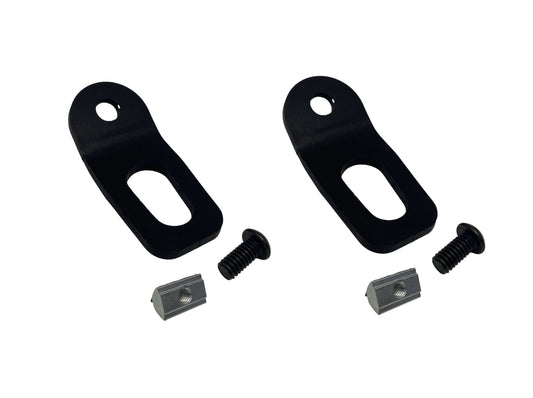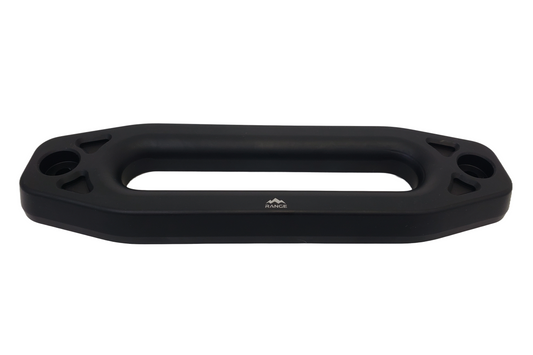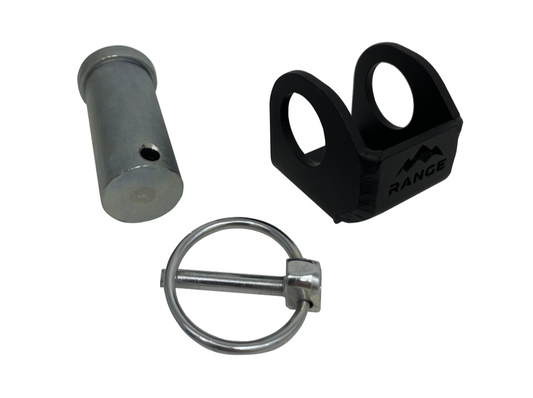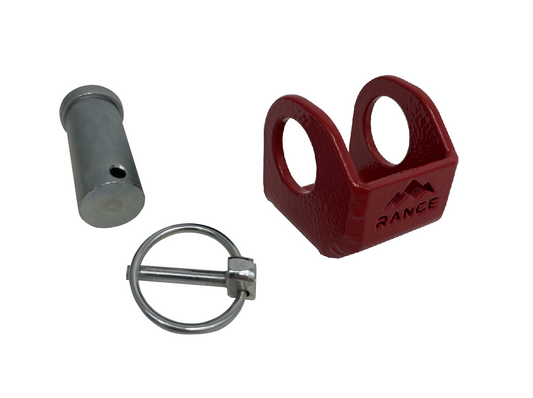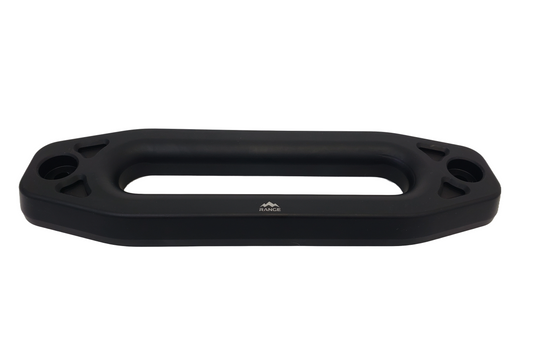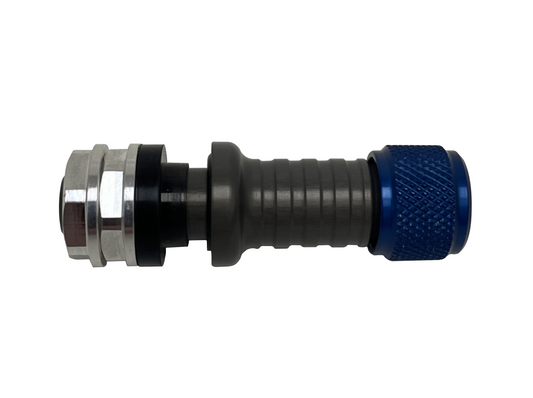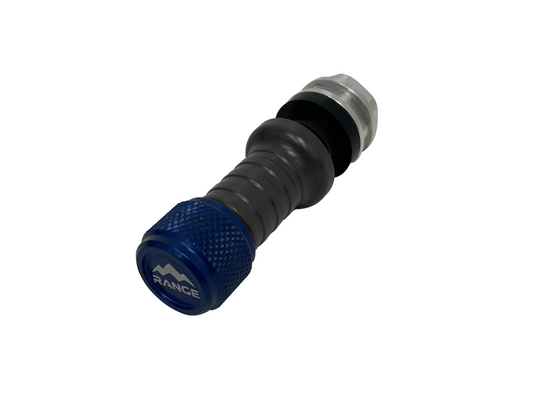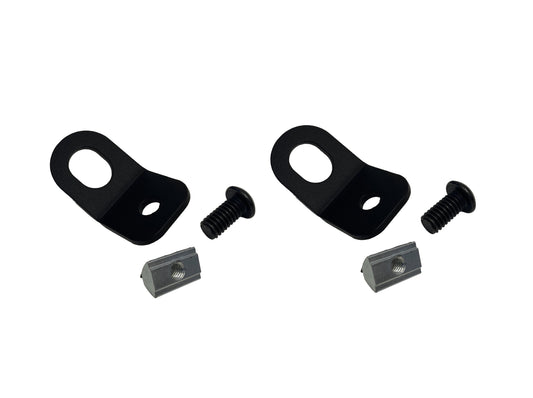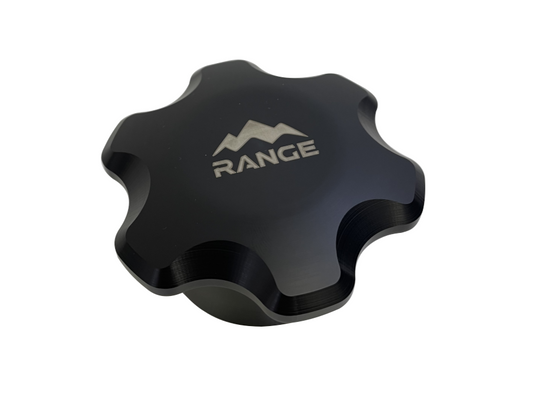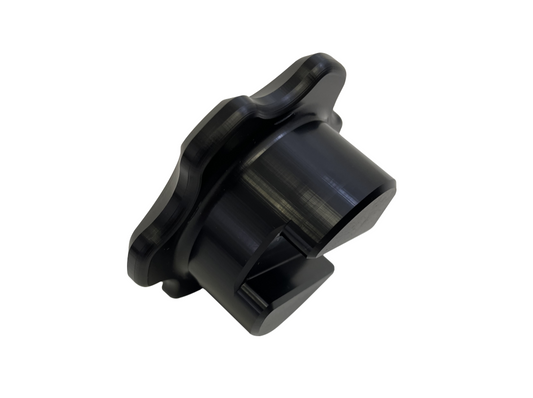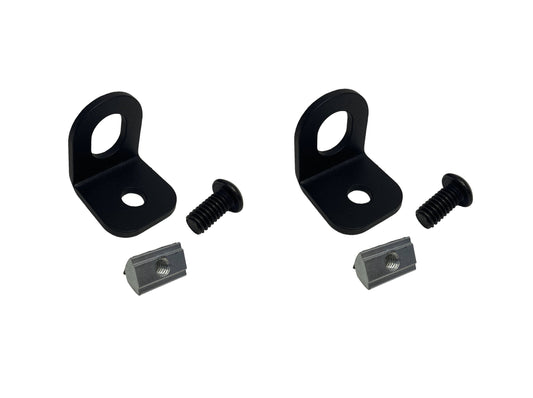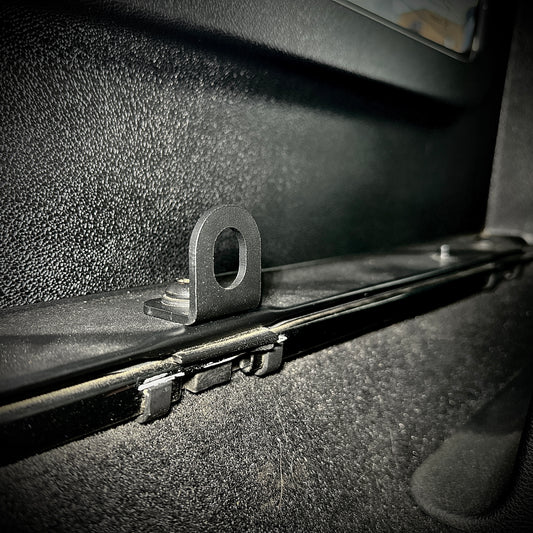Ford Ranger (2001 - 2011)
Range Industries collection of Ford products for the Ranger trucks (2001 - 2011) includes our power steering adapter, recovery equipment, and more!
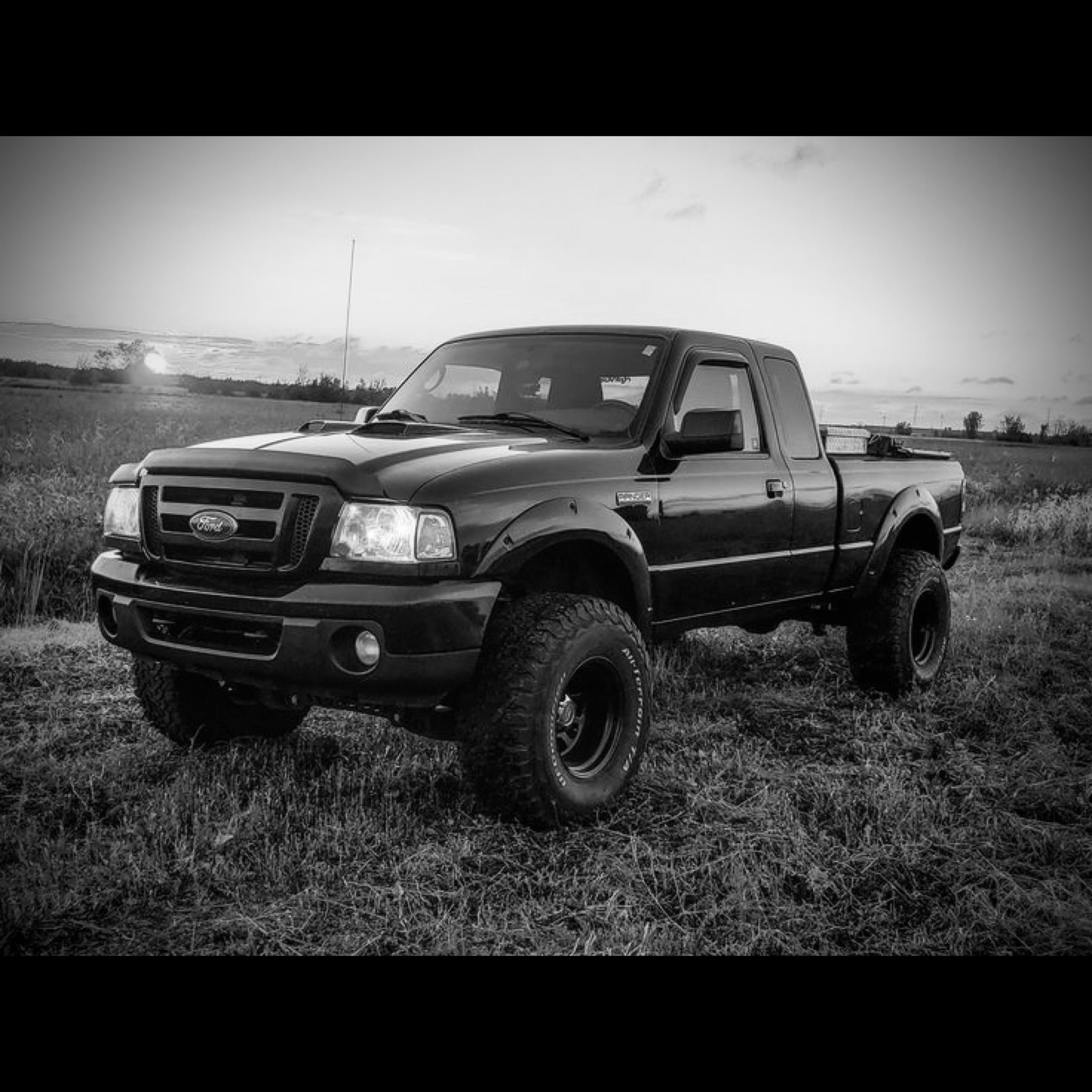
-
Fox DSC Adjustment Helper Knob
Vendor:Range IndustriesRegular price $30.00 USDRegular price -
Soft Shackle Hitch Recovery Point
Vendor:Range IndustriesRegular price $75.00 USDRegular price -
Apple Air Tag Magnetic Mount
Vendor:Range IndustriesRegular price $35.00 USDRegular price -
Quick Release Fire Extinguisher Mount
Vendor:Range IndustriesRegular price From $190.00 USDRegular price -
Ford Ranger -6 AN Power Steering Adapter
Vendor:Range IndustriesRegular price $65.00 USDRegular price -
Billet Grab Handle
Vendor:Range IndustriesRegular price $50.00 USDRegular price -
2" Hitch Recovery Point
Vendor:Range IndustriesRegular price $69.00 USDRegular price -
5/16"-18, 90 Degree Tie Down Point, 2 Bolt (2 Pack)
Vendor:Range IndustriesRegular price $30.00 USDRegular price -
ORRSRCH FORD GEN3 DID (Damper Interface Device)
Vendor:Range IndustriesRegular price $439.00 USDRegular price -
5/16"-18, 45 Degree Tie Down Point, 2 Bolt (2 Pack)
Vendor:Range IndustriesRegular price $30.00 USDRegular price -
1/4"-20, 30 Degree Tie Down Point, Single Bolt (2 Pack)
Vendor:Range IndustriesRegular price $20.00 USDRegular price -
Hawse Style Winch Fairlead (Blemished)
Vendor:Range IndustriesRegular price $35.00 USDRegular price -
Skid Plate for Hitch Recovery Point
Vendor:Range IndustriesRegular price $20.00 USDRegular price -
Hawse Style Winch Fairlead
Vendor:Range IndustriesRegular price $69.00 USDRegular price -
High Flow Air Valve
Vendor:Range IndustriesRegular price $110.00 USDRegular price -
5/16"-18, 45 Degree Tie Down Point, Single Bolt (2 Pack)
Vendor:Range IndustriesRegular price $20.00 USDRegular price -
Yukon Axle Selector Knob
Vendor:Range IndustriesRegular price $40.00 USDRegular price -
5/16"-18, 90 Degree Tie Down Point, Single Bolt (2 Pack)
Vendor:Range IndustriesRegular price $20.00 USDRegular price
About Ford F150
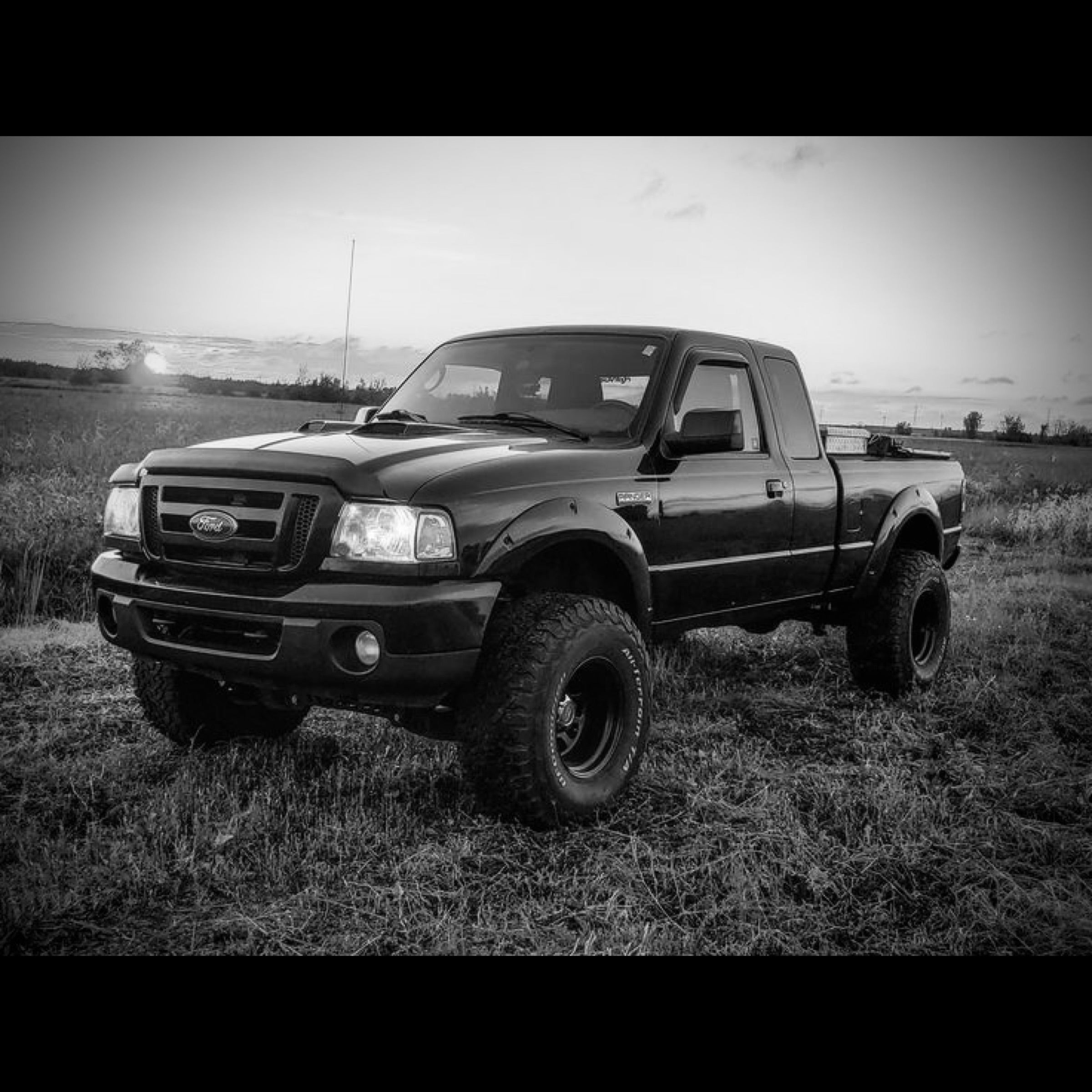
Ford Ranger History
The Ford Ranger truck has a rich and storied history that spans several decades, marked by its durability, versatility, and enduring popularity among truck enthusiasts worldwide.
Introduced in 1983 as a compact pickup truck, the Ford Ranger quickly gained acclaim for its rugged design and impressive performance capabilities. It was initially conceived as a smaller, more fuel-efficient alternative to Ford's larger F-Series trucks, catering to consumers who desired a vehicle that was both practical for everyday use and capable of tackling off-road adventures.
Throughout the 1980s and 1990s, the Ranger underwent several updates and redesigns, incorporating advancements in technology and engineering to enhance its capabilities. It offered a range of engine options, including economical four-cylinder engines and powerful V6 engines, catering to a diverse array of drivers with varying needs and preferences.
In 1993, Ford introduced a significant redesign of the Ranger, giving it a more modern and aerodynamic appearance while retaining its reputation for toughness and reliability. This redesign helped solidify the Ranger's position as one of the leading compact trucks in the market.
Over the years, the Ranger continued to evolve, with each new generation introducing improvements in performance, efficiency, and safety features. In addition to its success in the consumer market, the Ranger also found favor among commercial users, thanks to its robust construction and impressive towing and payload capacities.
In 2011, Ford temporarily ceased production of the Ranger for the North American market, citing shifting consumer preferences towards larger trucks. However, the Ranger remained in production for international markets, where it continued to be a best-seller.
In 2019, after an eight-year hiatus, Ford reintroduced the Ranger to the North American market with an all-new model, marking the beginning of a new chapter in the truck's history. The latest iteration of the Ranger boasts a modern design, advanced technology features, and enhanced performance capabilities, while still embodying the ruggedness and versatility that have been hallmarks of the Ranger nameplate for decades.
Today, the Ford Ranger remains a popular choice for consumers seeking a capable and dependable midsize truck, continuing to build on its legacy as a true icon in the world of pickup trucks.
Ford Ranger Specs
The Ford Ranger, spanning from 2001 to 2011, epitomized durability, versatility, and capability in the compact truck segment. Here's an overview of its technical specifications:
Engine Options:
- 2.3L Duratec Inline-4: This base engine provided reliable performance and efficiency, ideal for everyday driving and light hauling.
- 3.0L Vulcan V6: Offered enhanced power and torque, making it suitable for heavier loads and off-road adventures.
- 4.0L SOHC V6: Known for its robustness and towing capability, this engine delivered ample power for demanding tasks.
Transmission:
- The Ford Ranger typically offered a choice of manual or automatic transmissions, providing flexibility to suit various driving preferences and needs.
Drive Configurations:
- Rear-wheel drive (RWD) and four-wheel drive (4WD) configurations were available, catering to different terrain and weather conditions.
Payload and Towing Capacity:
- Depending on the engine and configuration, the Ford Ranger boasted impressive payload capacities ranging from around 1,200 to 1,600 pounds.
- Towing capacities varied as well, with the Ranger capable of hauling trailers weighing up to 5,000 pounds when properly equipped.
Fuel Efficiency:
- The Ranger was renowned for its fuel efficiency, with the smaller engines delivering commendable mileage, making it an economical choice for both urban commuting and long-distance travel.
Interior and Features:
- Despite its compact size, the Ranger offered a comfortable cabin with ample seating for passengers and convenient storage solutions.
- Optional features included power windows, door locks, and mirrors, as well as modern amenities like air conditioning and advanced audio systems.
Safety Features:
- Antilock brakes (ABS) were standard, providing enhanced control during braking maneuvers.
- Depending on the model year, airbags, traction control, and stability control might have been available as optional or standard features, enhancing occupant safety.
Suspension and Handling:
- The Ranger's suspension system was tuned to balance ride comfort with off-road capability, ensuring confident handling on various surfaces.
- Its compact dimensions and tight turning radius made maneuvering in tight spaces and navigating off-road trails a breeze.
Durability and Reliability:
- Known for its rugged construction and dependable performance, the Ford Ranger was favored by drivers seeking a dependable workhorse that could withstand the rigors of daily use and demanding tasks.
From construction sites to suburban streets, the Ford Ranger of the 2001-2011 era embodied the spirit of a capable and reliable compact truck, earning its place as a trusted companion for drivers across a spectrum of lifestyles and needs.
Popular Ford Ranger Parts
The Ford Ranger is a beloved icon in the world of trucks, and when it comes to off-roading, enthusiasts are constantly on the lookout for parts that enhance its performance, durability, and style. Here's a breakdown of some popular off-road parts for the Ford Ragnger:
- Suspension Lift Kits: These kits elevate the Ranger's ride height, allowing for larger tires and improved ground clearance. They come in various heights to accommodate different off-road needs, from mild to extreme.
- Off-Road Bumpers: Off-road bumpers not only provide extra protection to the front and rear of the truck but also offer mounting points for accessories like winches, light bars, and recovery gear.
- Skid Plates: To shield critical components like the engine, transmission, and fuel tank from rocks, debris, and other off-road hazards, skid plates are essential. They're typically made of heavy-duty steel or aluminum and are custom-fit for the Ranger.
- Performance Shocks: Upgraded shocks improve the Ranger's off-road handling by providing better damping control over rough terrain. Options include adjustable shocks for fine-tuning the ride quality based on driving conditions.
- Off-Road Tires: A set of rugged off-road tires with aggressive tread patterns provides enhanced traction on mud, gravel, sand, and rocks. They're available in various sizes and designs to suit different off-road environments.
- Winches: When the going gets tough, a winch can be a lifesaver. Mounted to the front bumper, a winch helps pull the Ranger out of sticky situations or assists in recovering other vehicles.
- Off-Road Lights: LED light bars, pod lights, and auxiliary lights illuminate the trail ahead, enhancing visibility during nighttime off-roading adventures. They can be mounted on the bumper, roof rack, or hood for maximum illumination.
- Fender Flares: Not only do fender flares add a rugged aesthetic to the Ranger, but they also provide extra clearance for oversized tires and protect the truck's body from flying debris.
- Performance Exhaust Systems: Upgrading to a high-performance exhaust system not only boosts horsepower and torque but also enhances the exhaust note, giving your Ranger a more aggressive sound.
- Air Intake Systems: Cold air intake systems increase airflow to the engine, resulting in improved throttle response and horsepower gains. They're especially beneficial when driving in dusty off-road conditions.
These are just a few examples of the plethora of aftermarket parts available to transform your Ford Ranger into an off-road beast. Whether you're tackling rocky trails, sandy dunes, or muddy bogs, outfitting your Ranger with the right off-road gear can take your adventures to the next level.


